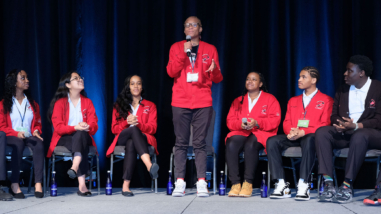Common Sense Media
For The Digital Ethics & Citizenship Curriculum Project
-
Amount$500,000
-
Program
-
Date Awarded7/20/2009
-
Term24 Months
-
Type of SupportProject
Strategies
About the Grantee
Grantee Website
www.commonsensemedia.org



